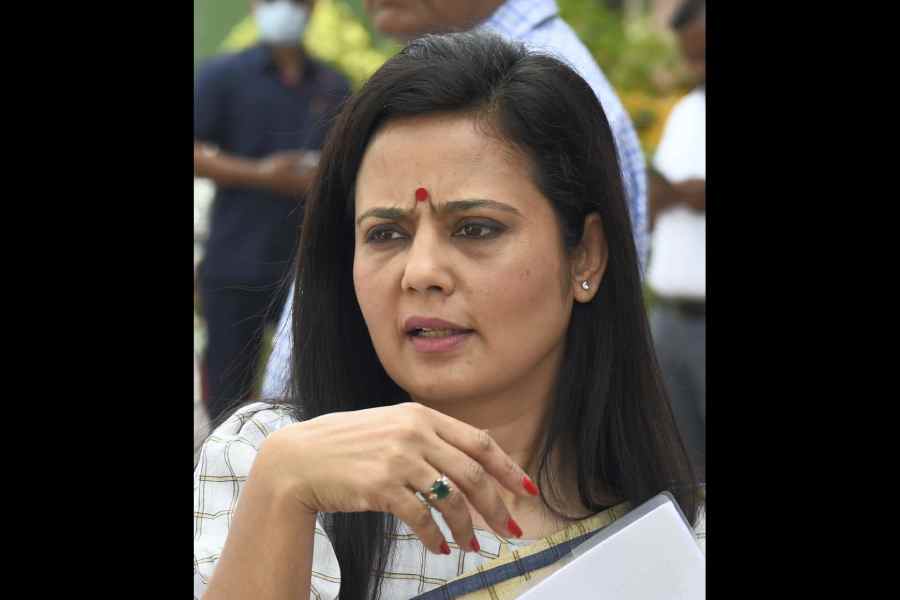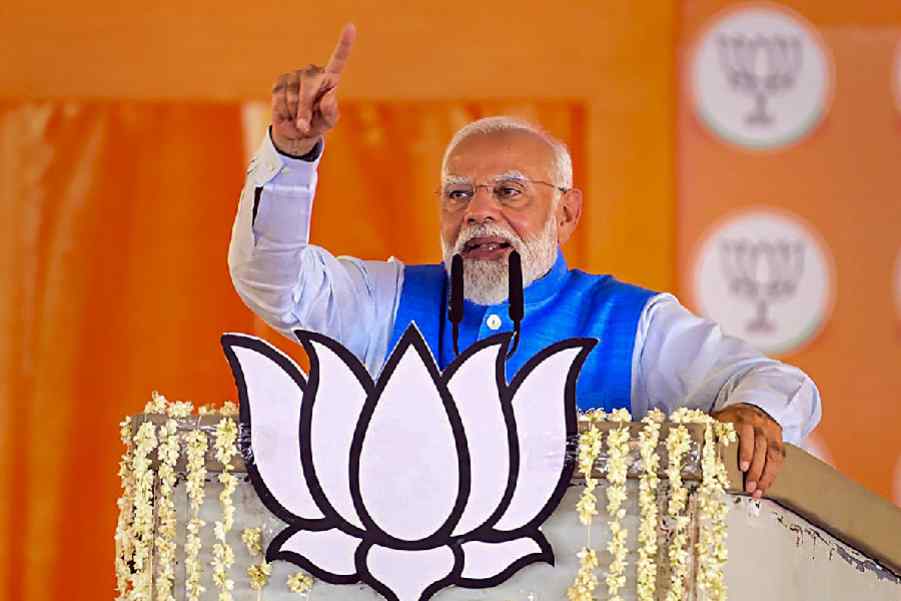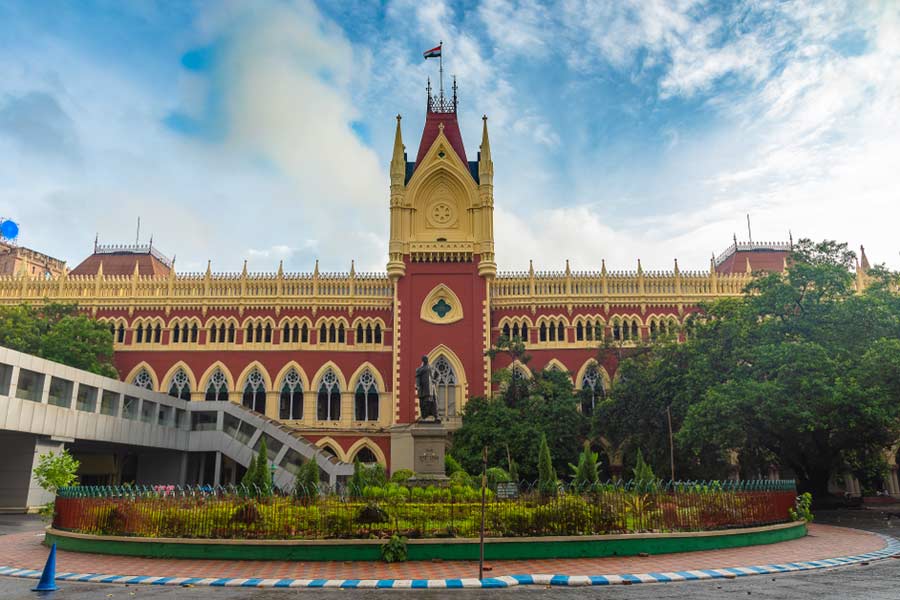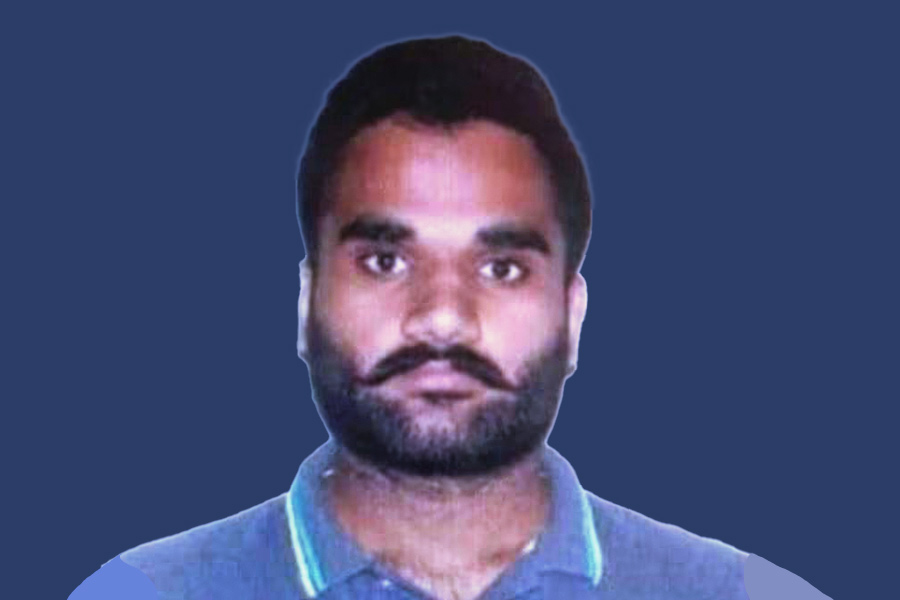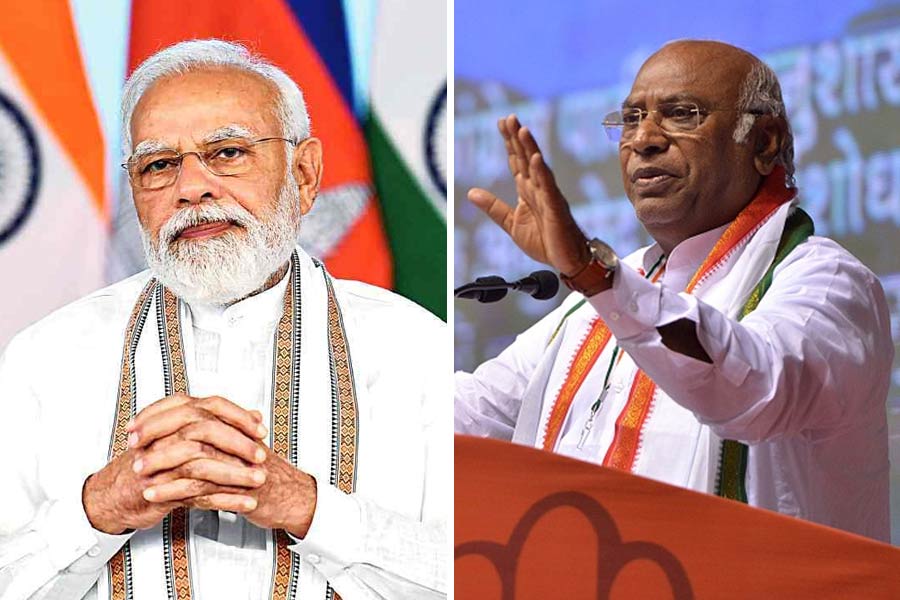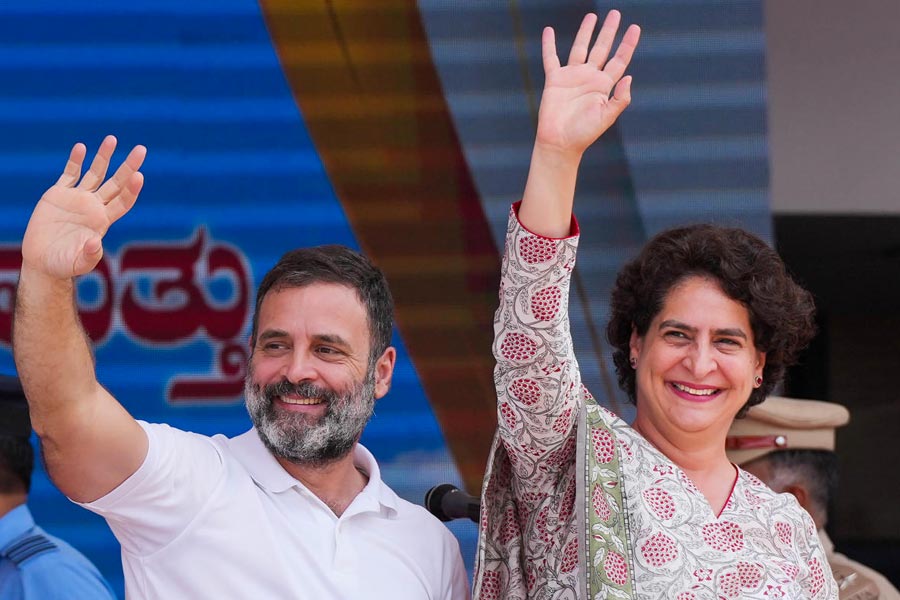Members of Parliament and state legislatures enjoy no immunity from criminal prosecution for accepting bribes to vote or speak in their Houses, a seven-judge constitution bench ruled unanimously on Monday.
It overruled the five-judge P.V. Narasimha Rao verdict of 1998 that it said had taken a “paradoxical” view of the subject.
The 1998 judgment, passed by a 3:2 majority, entailed that a lawmaker can be prosecuted if they have taken a bribe but not voted or spoken as agreed in lieu of the bribe, but would enjoy immunity if they have voted or spoken as agreed with the briber.
“Indeed, to read Articles 105(2) and 194(2) in the manner proposed in the majority judgment results in a paradoxical outcome,” Monday’s judgment by the bench of Chief Justice D.Y. Chandrachud and Justices A.S. Bopanna, M.M. Sundresh, P.S. Narasimha, J.B. Pardiwala, Sanjay Kumar and Manoj Misra said.
Article 105 applies to MPs and Article 194 to MLAs and MLCs.
“Such an interpretation results in a situation where a legislator is rewarded with immunity when they accept a bribe and follow through by voting in the agreed direction. On the other hand, a legislator who agrees to accept a bribe, but may eventually decide to vote independently will be prosecuted,” Monday’s judgment said.
“Such an interpretation belies not only the text of Articles 105 and 194 but also the purpose of conferring parliamentary privilege on members of the legislature. We disagree with and overrule the judgment of the majority on this aspect.”
Justice Chandrachud, who authored the judgment, said: “This judgment does not seek to determine or restrict the ‘powers, privileges, and immunities’ of the legislature as defined in the Constitution. Rather, this judgment… is to adjudicate on the correct interpretation of Article 105 and Article 194 of the Constitution.”
He made it clear that criminal prosecution of a lawmaker on bribery charges would be independent of the power of the legislature concerned to act against the member.
The judgment potentially holds significance for Trinamul Congress politician Mahua Moitra, expelled as MP last December on the charge of accepting bribes to ask questions in Parliament.
“The issue of bribery is not one of exclusivity of jurisdiction by the House over its bribe-taking members. The purpose of a House acting against a contempt by a member for receiving a bribe serves a purpose distinct from a criminal prosecution,” the judgment said.
“The purpose of the proceedings which a House may conduct is to restore its dignity. Such a proceeding may result in the expulsion from the membership of the House and other consequences which the law envisages.
“Prosecution for an offence operates in a distinct area involving a violation of a criminal statute. The power to punish for criminal wrongdoing emanates from the power of the State to prosecute offenders who violate the criminal law.”
The judgment added: “The latter applies uniformly to everyone subject to the sanctions of the criminal law of the land.”
The bench said there was “an imminent threat of this court allowing an error to be perpetuated if the decision in P.V. Narasimha Rao is not reconsidered”.
“The decision in (the) P.V. Narasimha Rao (case) has wide ramifications on public interest, probity in public life and the functioning of parliamentary democracy,” it said.
It added: “Corruption and bribery of members of the legislature erode the foundation of Indian parliamentary democracy. It is destructive of the aspirational and deliberative ideals of the Constitution and creates a polity which deprives citizens of a responsible, responsive and representative democracy.”

